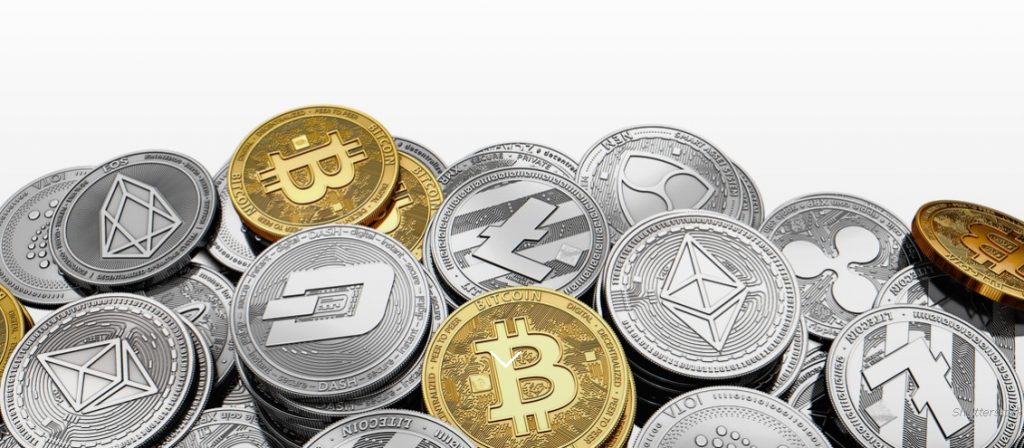
In a little under a year, DeFi has become a significant component of the cryptocurrency ecosystem. But which platforms pay the most interest?
Decentralized finance is often hailed as a prime use case for digital assets. Lending practices among DeFi platforms follow similar patterns: loans are overcollateralized, meaning the risk of default is negligible and lending is more responsible than that of the fractional reserve banking system used by legacy lending institutions.
As global interest rates hover around zero to negative yield, digital assets can offer an alternative way of generating passive income. Crypto.com’s eye-popping 18 percent annualized returns on CRO tokens locked up for three months by MCO token holders are undoubtedly appealing on the surface.
But these returns can come with risks. CRO tokens, of course, can depreciate in value, easily chipping away at the returns over the lock-up period. With many entrants in the market, a side-by-side comparison of lending rates can help crypto hodlers keep track of where they can earn the highest rates of interest.
BlockFi
BlockFi bears the most resemblance to a traditional bank inasmuch as its centralized nature makes it the trusted party between lenders and borrowers. Zac Prince’s company pays 4.1 percent on Ether deposits and 6.2 percent on Bitcoin deposits. Limits are capped at 1,000 and 10, respectively, before the rates drop.
The platform that provides “access to high-interest crypto accounts and low-cost credit products to clients worldwide” also pays 8.6 percent on GUSD.
Celsius
Celsius pays 4.1 and 3.15 percent on Bitcoin and Ether deposits, while also supporting Tether at a staggering 12 percent. Unlike BlockFi, Celsius pays interest on deposited crypto and allows users to also borrow directly against those holdings. BlockFi distinguishes between crypto deposited for loan collateral and crypto deposited to earn interest.
The BitGo-secured platform pays single-digit interest rates on a range of cryptocurrencies, including XRP, Dash, Litecoin, and Bitcoin Cash to name a few. CEL token owners earn favorable rates. Having originated over $4 billion in loans, it claims to be the largest DeFi player in the industry.
Nuo
Nuo is a Singapore-based purely peer-to-peer facilitator of loans and deposits between crypto traders, making it distinct from the more centralized and regulated players like BlockFi. The platform offers a limited suite of tokens for which it provides lending and borrowing markets. SNX tokens pay a whopping 27.6 percent, almost double the rate to borrow the token.
Crypto.com
From its inauspicious beginnings as Monaco Coin, the double-tokened Crypto.com is on a “mission to accelerate the world’s transition to cryptocurrency.” The platform is not just a pure DeFi company, however, offering credit cards, a wallet, quant trading services, and a recently launched exchange.
The ambitious firm also offers highly attractive rates to digital asset lenders. It has a sizeable and growing stable of coins for which it offers attractive rates to depositors in its Crypto Earn program.
The company pays up to 12 percent on some stablecoins, and up to 18 percent on its native CRO token. Preferential rates are offered to holders of its other native token, MCO.
Nexo
Nexo is a more conventional DeFi platform offering lending and overcollateralized borrowing. Interest is compounded and paid out to lenders daily. Currently, the firm supports stablecoins and fiat only, with an 8 percent interest payout across the U.S. dollar, Euro, and the British pound, in addition to stablecoins TUSD, SAI, PAX, USDC, and Tether.
In contrast to many of its competitors, it holds depositors’ fiat and stablecoins and allows borrowers to borrow non-pegged crypto. It also allows crypto hodlers to deposit crypto to borrow more. Non-pegged crypto depositors don’t earn any interest on their crypto holdings, but they can borrow crypto, using their deposits as collateral.
Exchanges
Exchanges are now offering interest-bearing products. Binance offers ten percent annualized interest on BUSD holdings over a 14-day fixed loan period. For BNB, it pays 6 percent. Its flexible deposit rates are far less attractive. Poloniex also offers a way to earn interest on crypto holdings, by matching lenders and borrowers. Bitfinex pays interest on certain tokens.
Just as DeFi platforms are beginning to offer trading services, exchanges are beginning to offer decentralized finance facilities as competition in the industry intensifies.
Which Platforms are the Best for Crypto Hodlers?
Different digital asset holders have different risk profiles. The most important aspects of a DeFi company to consider apart from the rates they offer are where they are located, how and by whom they are regulated, and how credible and established they are in the industry.
All DeFi companies are startups, so counterparty risk — where someone potentially loses their principal because the company receiving the loan fails — will be present, for the short term at least. The most established among them, and those regulated and insured should be regarded as more conservative and safer places for your money. Licensed and regulated startups in stable jurisdictions can fail. But it is reasonable to place more trust in them than in less regulated companies.
